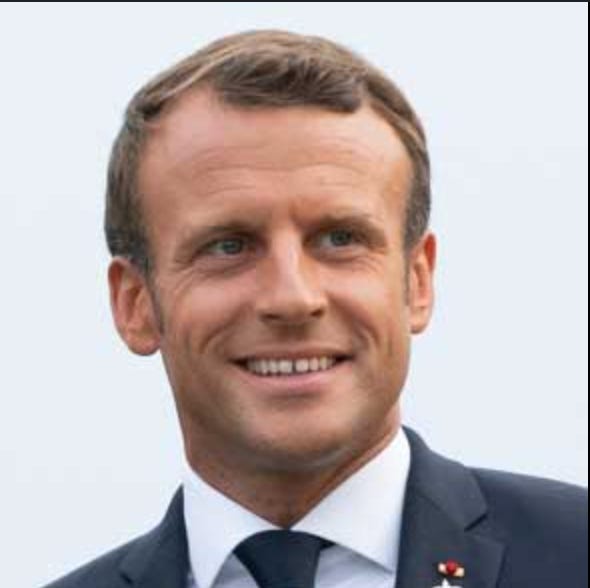Global Profile: Emmanuel Macron
The Philosopher-President of a discontented republic
Americans love to hate the French, or at least make fun of them. Disparaging France is “a national pastime in America,” according to a close French friend.
Americans tend to overlook the importance of France and its leaders. The United States would not have won its independence had it not been for France. Today, France is one of the most powerful nation…



